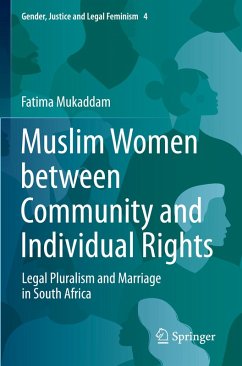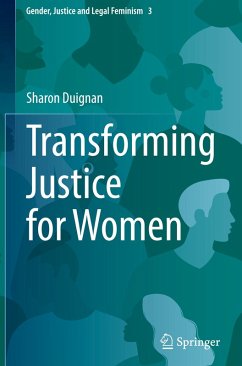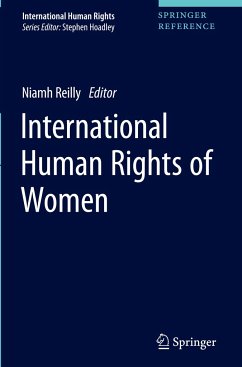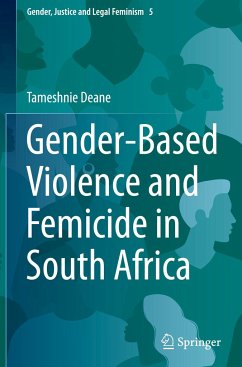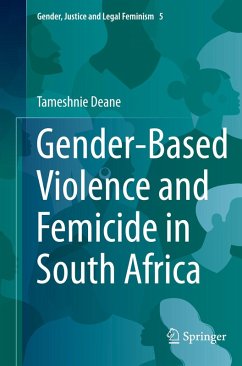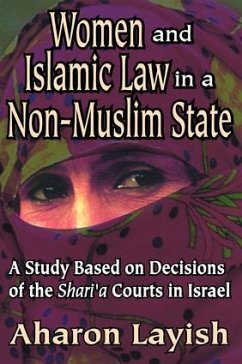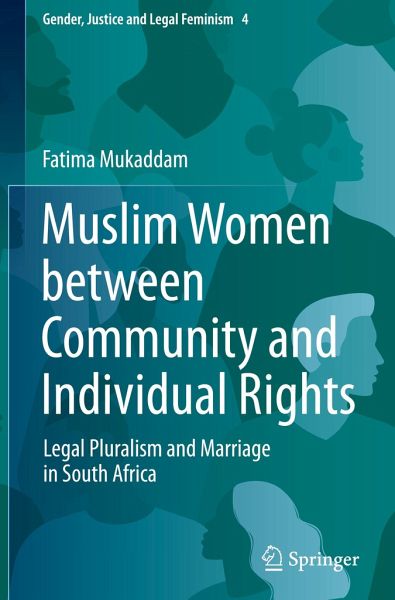
Muslim Women between Community and Individual Rights
Legal Pluralism and Marriage in South Africa
Versandkostenfrei!
Versandfertig in 6-10 Tagen
83,99 €
inkl. MwSt.
Weitere Ausgaben:

PAYBACK Punkte
42 °P sammeln!
This book presents an in-depth exploration of the intricate negotiations of married Muslim women within Cape Town's Muslim communities, navigating the complexities of legal pluralism governed by Muslim Personal Law (MPL). Spanning historical epochs from colonialism to the democratic era, it argues that MPL's informal status perpetuates patriarchal norms, especially in the domain of marriage. It critically examines the consequences of the non-recognition of Muslim marriages within the civil legal framework and underscores the ambiguous intersections of MPL with broader legal systems, which leav...
This book presents an in-depth exploration of the intricate negotiations of married Muslim women within Cape Town's Muslim communities, navigating the complexities of legal pluralism governed by Muslim Personal Law (MPL). Spanning historical epochs from colonialism to the democratic era, it argues that MPL's informal status perpetuates patriarchal norms, especially in the domain of marriage. It critically examines the consequences of the non-recognition of Muslim marriages within the civil legal framework and underscores the ambiguous intersections of MPL with broader legal systems, which leaves women in a precarious legal state overshadowed by religious doctrines.
Adopting a gender perspective and an interdisciplinary approach that combines political science, sociology, and the law, the book reveals the historical roots of legal pluralism, while also shedding light on the political strategies that have perpetuated gender-stratified citizenship. Despite all the democratic promises, legal pluralism persists, contributing to gender disparities, and the book critically examines the government's reluctance to address the marginalisation of Muslim women, especially through the lens of the proposed Muslim Marriages Bill (MMB).
This book is essential reading for scholars in the fields of law, sociology, and gender studies, offering critical insights into the intersections of legal systems, religion, and gender dynamics within Muslim communities in Cape Town.
Adopting a gender perspective and an interdisciplinary approach that combines political science, sociology, and the law, the book reveals the historical roots of legal pluralism, while also shedding light on the political strategies that have perpetuated gender-stratified citizenship. Despite all the democratic promises, legal pluralism persists, contributing to gender disparities, and the book critically examines the government's reluctance to address the marginalisation of Muslim women, especially through the lens of the proposed Muslim Marriages Bill (MMB).
This book is essential reading for scholars in the fields of law, sociology, and gender studies, offering critical insights into the intersections of legal systems, religion, and gender dynamics within Muslim communities in Cape Town.





